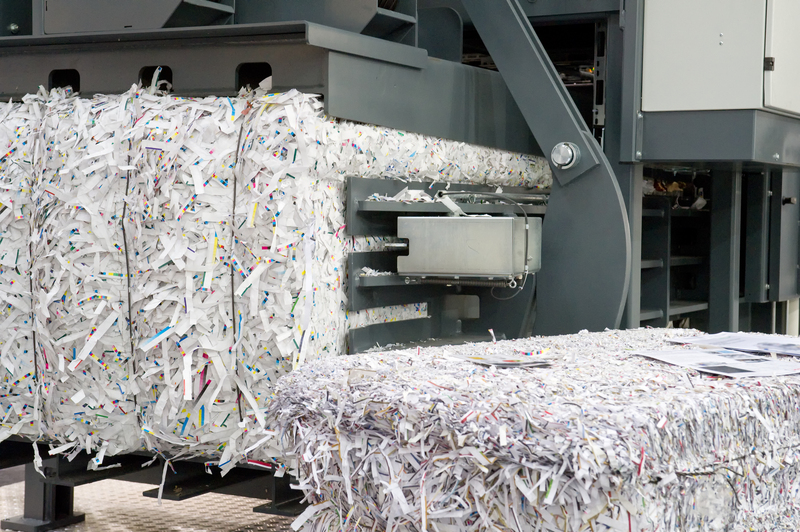All About Hard Rubbish: Simple Steps to Dispose of It Responsibly
Hard rubbish disposal is an essential aspect of waste management that ensures our environment remains clean and sustainable. Many people find themselves confused about how to manage large household waste items, known as hard rubbish, responsibly. This comprehensive guide will explore effective methods for disposing of hard waste, ensuring that you're contributing positively to your community and the planet. Let's deep dive into responsible hard rubbish disposal.
Understanding Hard Rubbish
Hard rubbish refers to large waste items that are not suitable for regular bin collection. These typically include old furniture, broken appliances, mattresses, and sometimes large electronic waste. Such items require special handling during disposal due to their size and potential environmental impact.
Why Is It Important to Dispose of Hard Rubbish Responsibly?
Proper disposal prevents harmful effects on the environment, such as pollution and landfill overflow. When disposed of irresponsibly, these items can take up significant landfill space or release harmful substances as they break down. Recycling or reusing hard waste minimizes these impacts and promotes sustainability.

How to Dispose of Hard Rubbish Responsibly
1. Community Clean-Up Services
- Kerbside Collection: Many local councils offer scheduled kerbside collections for hard rubbish. Check with your local government for service availability and guidelines.
- Drop-Off Points: Designated areas within communities allow residents to drop off large waste items. Often free, these facilities ensure items are processed correctly.
2. Recycling Centers
- Dedicated Facilities: Facilities specifically for recycling hard rubbish allow items to be dismantled and materials reused, reducing landfill dependency.
- Electronic Waste: Recycle electronics at designated e-waste recycling points to safely dispose of potentially hazardous components.
3. Donating Usable Items
Some hard rubbish, like furniture or appliances, might still be in usable condition. Consider donating to charities or local shelters. This not only supports those in need but also extends the life cycle of products.
4. Selling or Giving Away
- Online Marketplaces: Use platforms like eBay, Facebook Marketplace, or Gumtree to sell or give away items that might be valuable to others.
- Community Events: Participate in local garage sales or swap meets where unwanted items can find new homes.
5. Hire Professional Disposal Services
If local resources are unavailable or an immediate solution is required, professional waste management services can collect and dispose of hard rubbish, ensuring environmentally friendly practices.
Environmental Impacts of Improper Disposal
Disposing of hard rubbish improperly can lead to various negative environmental consequences. It's crucial to understand these impacts to encourage responsible habits:
- Landfill Overflow: Excessive hard rubbish can lead to landfills reaching capacity faster, necessitating the creation of new sites.
- Toxic Leachate: Some items, particularly electronic waste, can leak harmful chemicals into the soil and water systems, posing health risks.
- Increased Carbon Footprint: Transportation and processing of improperly disposed items can result in higher greenhouse gas emissions.
Legal Considerations
Many regions impose regulations on waste disposal to promote environmental health. Understanding and complying with these laws help you avoid fines while ensuring waste management aligns with legal standards.

Tips for Reducing Hard Rubbish
Reducing the amount of hard rubbish you generate can minimize the need for disposal:
- Regular Maintenance: Keep appliances and furniture in good repair to extend their lifespan.
- Mindful Purchasing: Purchase durable, multi-functional items over cheap, short-lived alternatives.
- Innovative Upcycling: Get creative by transforming older items into new, functional pieces.
Conclusion
Responsible hard rubbish disposal is everyone's responsibility, impacting not just the environment but the quality of life within communities. Whether participating in local recycling drives, donating usable goods, or employing professional services, these actions contribute to sustainable living. By understanding and utilizing these strategies, you can effectively manage hard waste and promote a cleaner, greener planet for future generations.